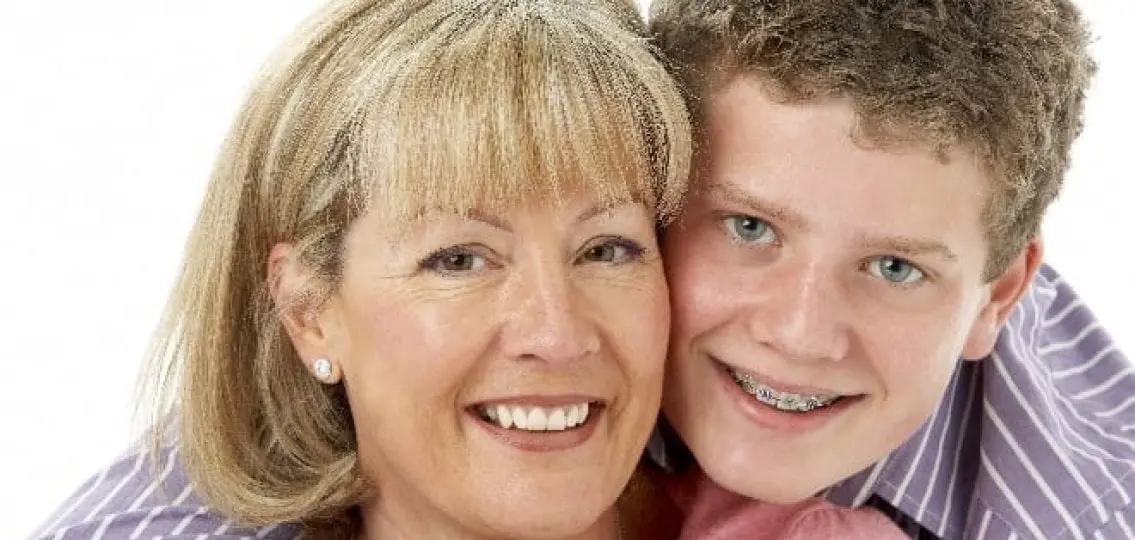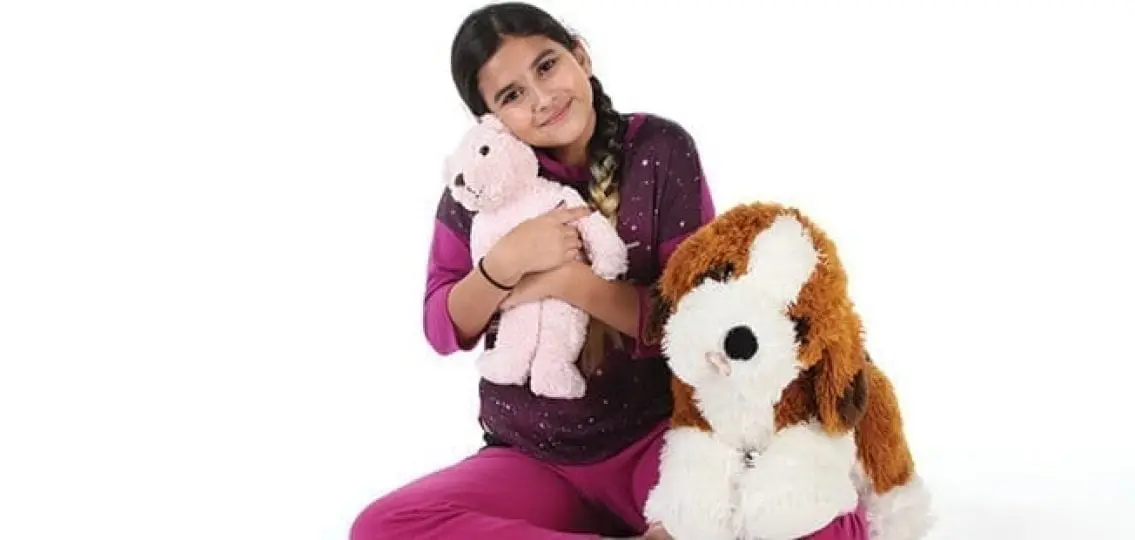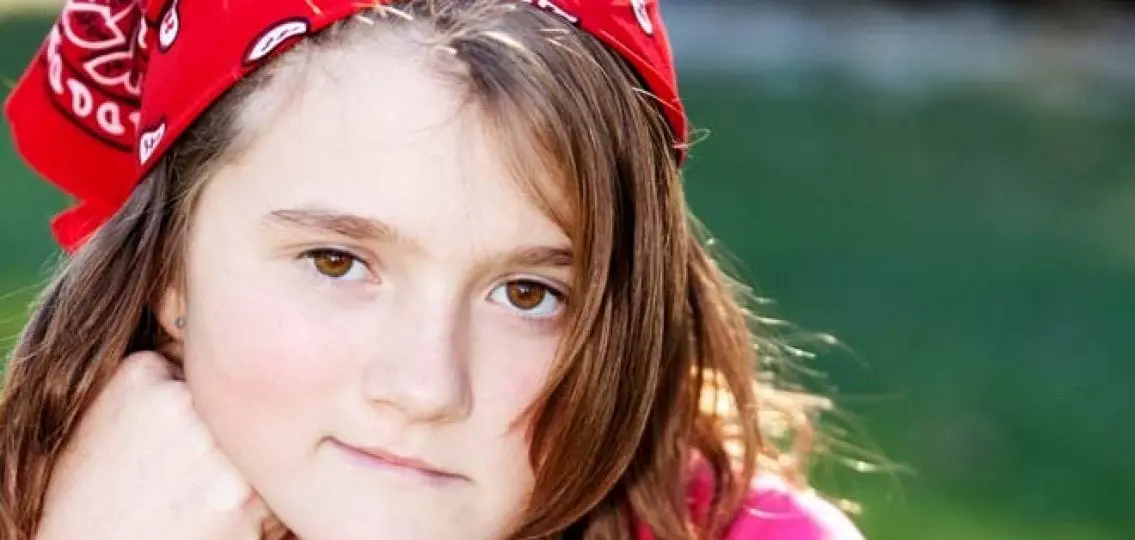Dear Your Teen:
I’m concerned about my 12-year-old girl’s behavior being too immature. One-on-one, my 12-year-old daughter is very sweet, thoughtful, kind, and funny. But in a group setting, she transforms into someone else. She is desperate for attention, trying too hard to be funny. She is oblivious to the fact that she comes across as obnoxious and immature. I’ve seen that other kids get annoyed by her.

She has a few good friends but even they lose patience with her silliness. I’ve tried talking to her about it but she honestly doesn’t seem to understand her 12-year-old behavior problems. I worry that continuing to point out concerns with her immature behavior will not only hurt her feelings but also could cause her to feel rejected by her parents (her dad talks to her as well). But I also strongly feel that it would be wrong to ignore it and allow her to act this way unchecked. I’m at my wit’s end.
EXPERT | Tori Cordiano, PhD
Oh, if only there was a way to make it easier to be 12 years old! Most adults would be eager to gloss over this age in our recollections of our own childhoods. Several factors coalesce to create this perfect, awkward storm. First, many 12-year-olds are juggling two different emotions. They mostly want to be older; but sometimes they want to be little again. This struggle can create behavior that seems inappropriately silly in certain situations. They also experience a heightened intensity of emotions. Their highs are higher and their lows are lower than ever before. Finally, friendship groups often change in sixth and seventh grade to include new members and exclude others. The shifting of friends can leave 12-year-olds feeling as if the ground is shifting beneath them in unpredictable ways.
Tween are trying to navigate this changing landscape. Often, they resort to goofy behavior or reactions that seem “too big” for the situation.
Here’s how you can approach your daughter.
How to Address Concerns about Immature Behavior:
1. Share your own memories.
Try to come from an empathetic, loving place when addressing this with your daughter. Wait for a moment when the timing is natural (e.g., she brings up a situation with friends). In response, you might start by reflecting on your own memories of what it was like to be 12.
2. Make positive observations about her behavior.
Point out things you observe. She has solid friendships. She seems to be more comfortable one-on-one or in smaller groups. The more opportunities she has for those types of encounters, the more confidence she’ll gain in her social skills and have the chance to be herself.
3. Explain the research.
Research finds children with one or two close friendships have higher levels of well-being than children who are identified as “popular” by their peers. Let your daughter know that there is no need to be friends with a large group. It’s often easier and more enjoyable to have a few friends instead.
4. Help her recognize her inappropriate behavior.
In the context of a gentle conversation, try to help your daughter identify aspects of large-group socializing that make her nervous. Then help her connect the dots to her goofy behavior in those settings.
5. If necessary, consider social skills coaching.
If your concerns grow, or if others (e.g., teachers, coaches) are concerned as well, consider a social skills group targeted toward girls her age. These can be great resources for kids and teens in need of some help and practice developing social skills in a neutral, safe environment.

Finally, take solace in the fact that fellow 12-year-olds are often more forgiving of this type of socially immature behavior than adults. Her friends may simply take it in stride as part of the friendship, knowing there are other qualities they appreciate about your daughter.




